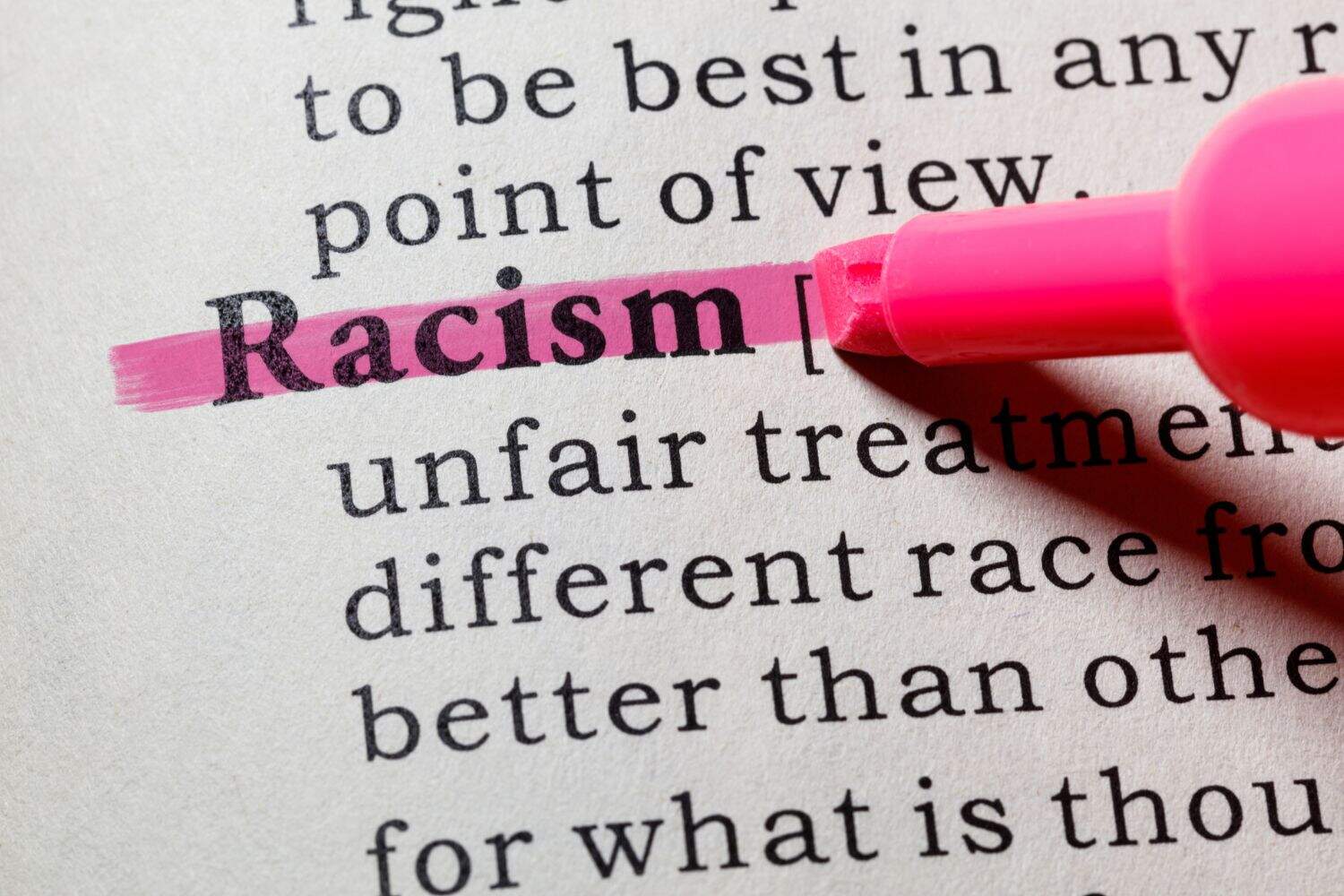The incident has sparked discussions about the need for better regulation of podcast platforms and stronger mechanisms to address hate speech in digital media.

Multiple political parties have united in condemning the Open Chats Podcast following racist remarks about the coloured community, which sparked widespread public outrage across South Africa.
The controversial episode, which aired on 25 July, featured the hosts making deeply offensive remarks based on stereotypes about coloured people.
These included abhorrent discussions questioning whether coloured people engage in sexual activity with their siblings and describing the community as “crazy”.
The producers of the Open Chats podcast issued a public apology following public outcry.
“We would like to clarify that Open Chats Podcast does not promote or support racism or discrimination, as seen in previous episodes, we have had a wide range of guests on the show, including our coloured community in numerous episodes,” read the podcast’s statement.
Patriotic Alliance takes action against Open Chats Podcast
Patriotic Alliance (PA) leader Gayton McKenzie announced immediate action against the podcast, revealing that MultiChoice would not renew its association with the show.
“They are disgusted with what they have seen,” McKenzie said.
The PA leader emphasised zero tolerance for racism in any form.
“If you are a white racist, a black racist, a coloured racist, a racist remains a racist. And in South Africa, there will be no place for racism,” McKenzie declared.
ALSO READ: ‘It’s racism’ – Gayton McKenzie plans legal action against Open Chats podcast
DA reports podcast incident to Human Rights Commission
The DA escalated the matter by formally reporting the podcast to the South African Human Rights Commission.
Federal Chairperson Dr Ivan Meyer described the content as “deeply offensive and race-baiting.”
“This is not humour. It is not harmless ‘pop culture commentary’. It is an assault on the dignity of a community and an attempt to reduce the lived realities of South Africans into cheap, demeaning stereotypes for the sake of online clicks,” Meyer stated.
He emphasised that while the podcasters had since apologised, this did not absolve them of responsibility.
“We note that the podcasters have since apologised for this episode – an implicit admission of guilt. But an apology alone does not erase the harm caused nor absolve the perpetrators from accountability.”
EFF condemns content and calls for training
The EFF joined the condemnation, describing the podcast content as “vile, offensive, and dehumanising rhetoric” that was “not only factually baseless but deeply damaging and rooted in anti-coloured racism.”
The EFF criticised the hosts’ follow-up response, noting disappointment “by the manner in which they have subsequently made light of their utterances in a follow-up episode, revealing a lack of sincere remorse and an absence of genuine reflection on the harm caused.”
The party called for mandatory intervention, stating: “We therefore call for the individuals involved to undergo mandatory race sensitivity and anti-discrimination training to address their apparent ignorance and to begin a meaningful process of accountability.”
The EFF also highlighted broader concerns about podcast regulation, expressing worry about “the proliferation of bigotry, racism, and harmful stereotypes on podcast platforms, many of which operate with little to no regulatory oversight.”
ALSO READ: ‘I am appalled by the recent so-called apology issued’ — Nonn Botha on Open Chats Podcast
ANC describes podcast content as betrayal of democratic progress
The ANC joined millions of South Africans in condemning the Open Chat podcast, expressing deep outrage at the shocking and dehumanising remarks targeting the coloured community.
“These statements are not only offensive, but they run completely counter to the founding values of our democratic society; values of human dignity, non-racialism, and unity, as enshrined in our Constitution and the Freedom Charter,” the party said.
The ANC described the content as a betrayal of democratic progress.
The party took an uncompromising stance against such content. It declared that what was said is indefensible.
Furthermore, the ANC outlined three specific demands.
It called on the podcast hosts to issue an immediate and unreserved apology.
The party also urged platform owners and all in the industry to review their content oversight mechanisms to prevent the spread of hate.
Additionally, the ANC called on all South Africans to stand united against any attempt to sow division.
The party emphasised constructive engagement over polarisation.
Educational response highlights community history
Content creator and Gen Z’s go-to news anchor, Amahle “Jaxx” Jaxa, provided an educational response to counter the harmful stereotypes, explaining the complex history of the coloured community in South Africa.
Jaxa contextualised the current tensions within apartheid’s legacy of division.
“One of the smartest yet evil things about the apartheid government was not only that they oppressed us, but they also pitted us against each other,” she explained.
She detailed how the coloured community formed through centuries of colonialism and forced mixing, tracing roots back to the Khoisan people and the arrival of Dutch settlers in 1652.
Jaxa further emphasised that while coloured people received certain privileges under apartheid, they remained oppressed and actively resisted.
“We can never ever sit and say that the coloured people just enjoyed the liberties or enjoyed the privileges of apartheid. They, too, were actively involved in the fight against oppression because they were too oppressed by the white man.”
ALSO READ: Minnie Dlamini sues MacG and Sol Phenduka for R2.5 million over podcast remarks
Contemporary challenges
Jaxa addressed current political dynamics, explaining why many coloured voters support parties like the DA and Patriotic Alliance.
“Coloured people feel like the forgotten race in South Africa. They feel like they’ve been neglected by the ANC-led government policies.”
She highlighted ongoing socio-economic challenges in coloured communities, including “high unemployment, gang violence, face underdevelopment” in areas like the Cape Flats and Eldorado Park.
Comedy response highlights absurdity
Well-known comedian Marc Lottering responded to the controversy with characteristic wit, using sarcasm to expose the absurdity of the stereotypes.
“As someone who is mentally slow and who sleeps with his cousins, I’ve actually done rather well for myself. And nogal, without hosting a podcast. Shem,” Lottering posted on social media.






